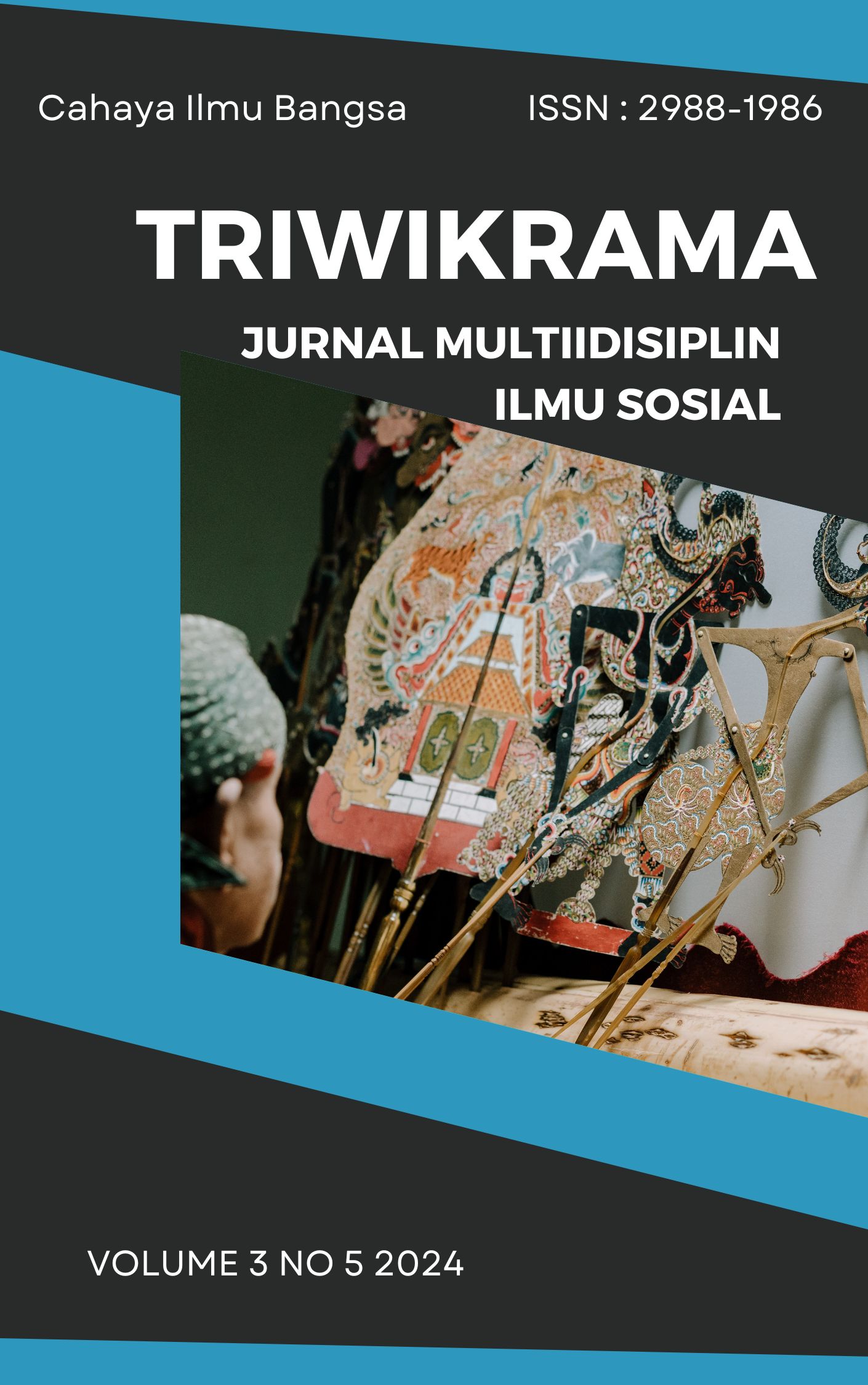FORMASI IDENTITAS PEMUDA OJEK ONLINE DALAM RISIKO EKONOMI POLITIK PLATFORM DIGITAL
DOI:
https://doi.org/10.9963/pjy4kf76Keywords:
Youth Identity, Online Ojek, Economic Risk, Political Economy, Digital Platform, Platform Capitalism, Risk SocietyAbstract
The phenomenon of online ojek as part of the platform-based economy has grown rapidly, especially in Indonesia. This job is in high demand by youth as an alternative job that offers flexibility. However, behind the benefits offered, this profession also carries economic, social, and political risks. This article aims to examine the identity formation of youth working as online ojek drivers in the context of political-economic risks that arise in digital platforms, using Ulrich Beck's Risk Society Theory. In the risk society, uncertainty and dependence on systems controlled by digital platforms are the main factors that shape the social identity of the drivers. This research finds that the identity of online ojek youth is formed through interactions with digital platforms that prioritize efficiency and profitability, as well as with the risks they face every day in working under systemic uncertainty.
References
Beck, U. (1992). Risk Society: Towards a New Modernity. Sage Publications.
Fuchs, C. (2017). Social Media: A Critical Introduction. Sage Publications.
Srnicek, N. (2017). Platform Capitalism. Polity Press.
Tajfel, H., & Turner, J. C. (1986). The Social Identity Theory of Intergroup Behavior. Psychology of Intergroup Relations, 7, 7-24.
van Doorn, N. (2017). Platforms, Capital, and Control: The Political Economy of Digital Work. Media, Culture & Society, 39(3), 340-359.
Prasetyo, H., Rosa, D. V., & Sari, R. (2023). Beradab dengan adat: Politik identitas dalam ritualitas agama masyarakat Tengger. Prosiding Konferensi Nasional Sosiologi (PKNS), 1(2), 124-130.
Downloads
Published
Issue
Section
License

This work is licensed under a Creative Commons Attribution-NonCommercial-ShareAlike 4.0 International License.










